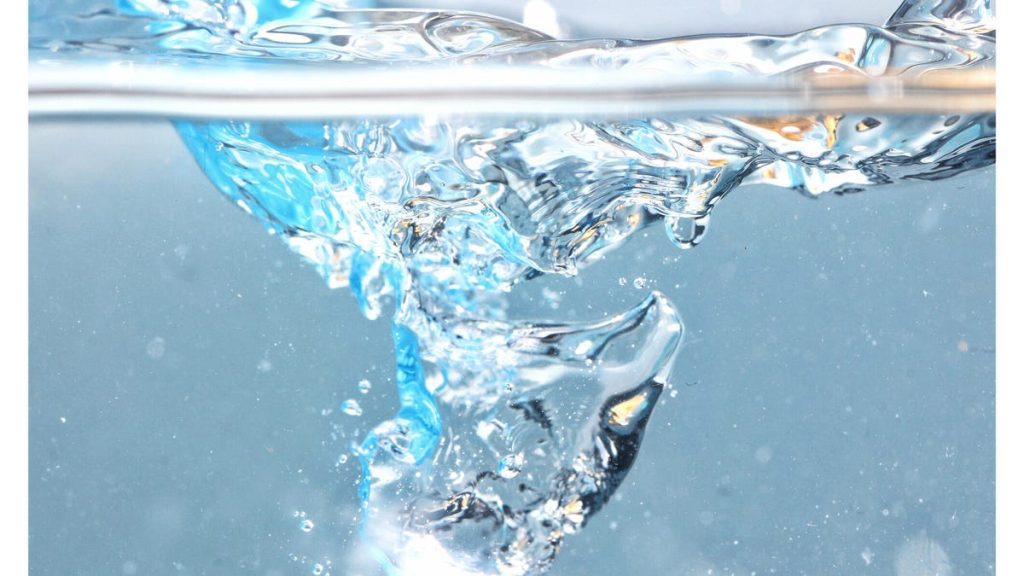Proper hydration is essential for maintaining overall health and well-being, especially in extreme heat conditions. Dehydration can lead to fatigue, spikes in blood pressure, and irregular heart rate. However, the rules of hydration are not as clear-cut as many believe. The traditional advice of drinking eight glasses of water a day may not be based on scientific evidence. The actual recommended intake of water can vary depending on individual factors.
While there is no formal recommendation for how much water people should drink each day, an “adequate intake” guideline exists. For adult men, the recommendation is 15.5 cups (3.7 liters or 125 ounces) and for women, it is 11.5 cups (2.7 liters or 91 ounces). This guideline includes water from non-water beverages, fruits, vegetables, and other food sources. However, each person’s water needs can differ based on various factors, such as activity level, climate, pregnancy, or breastfeeding.
Individuals who have active jobs, exercise regularly, live in hot climates, or are pregnant or breastfeeding may need more water than the average person. It is important to replace lost fluids through sweating with adequate hydration to maintain proper bodily functions. Different rules of thumb for hydrating exist, such as drinking when thirsty, having a glass of water before and between meals, drinking eight glasses a day, or consuming half your body weight in ounces of water. Experimenting with hydration techniques can help determine what works best for each individual.
Ultimately, it is crucial to stay hydrated to avoid dehydration-related health issues. Monitoring signs of dehydration, such as dark urine, headaches, or infrequent urination, can help individuals adjust their water intake accordingly. By paying attention to their body’s signals and experimenting with different hydration strategies, individuals can find the right balance of water intake to support their overall health and well-being. Remember that proper hydration is essential, especially in extreme weather conditions, to maintain optimal bodily functions and prevent health complications.















